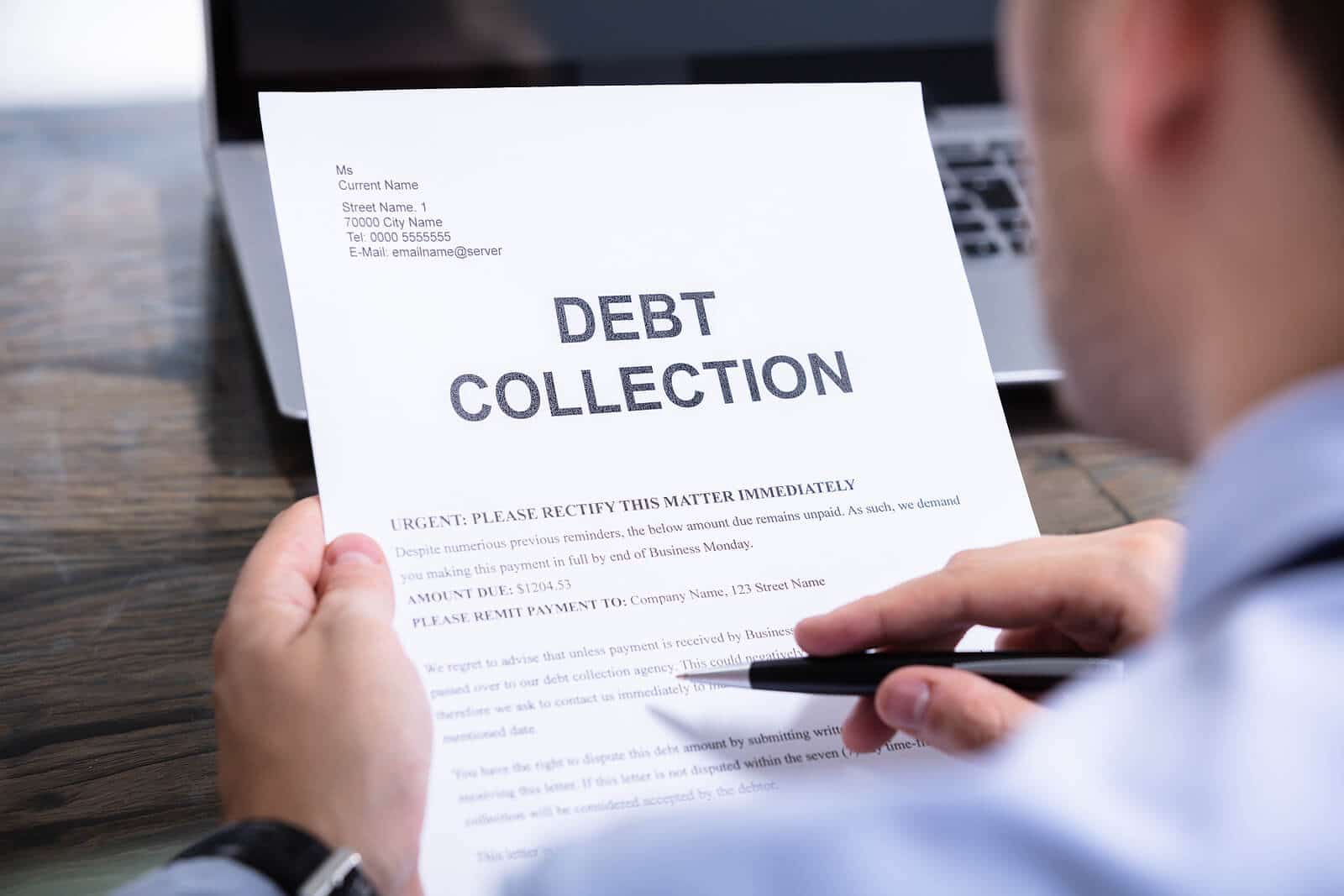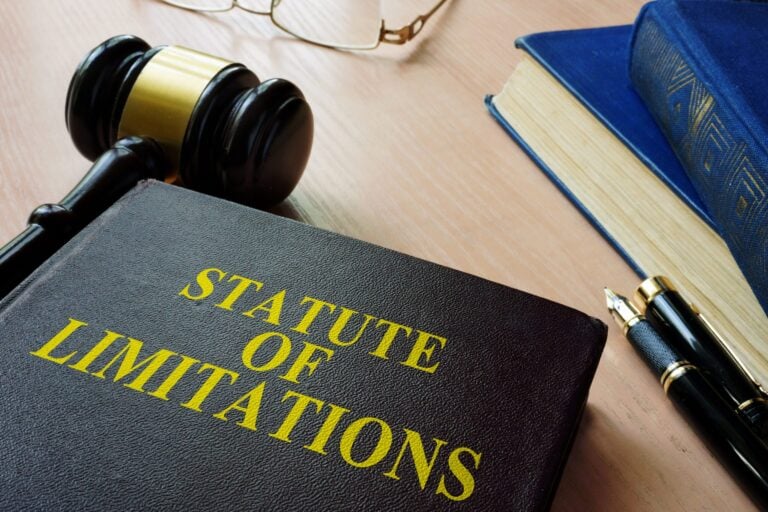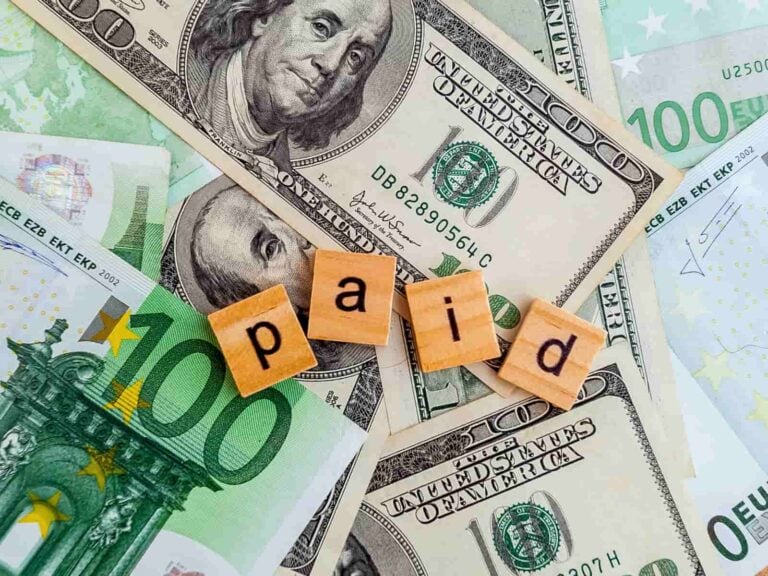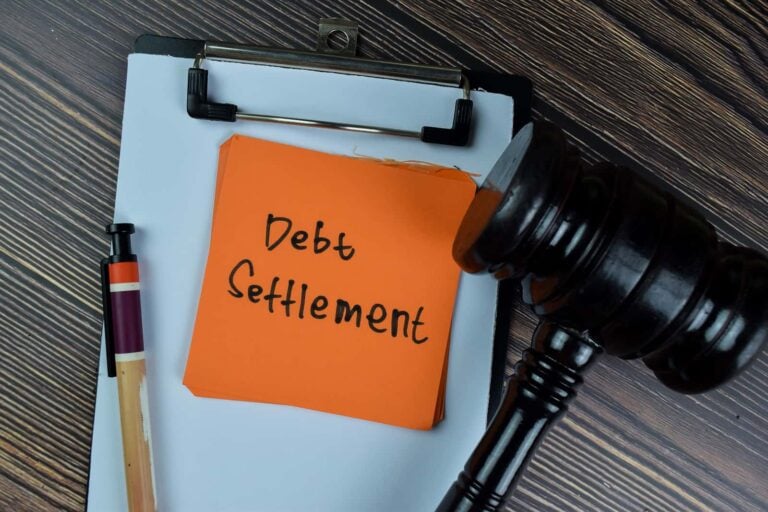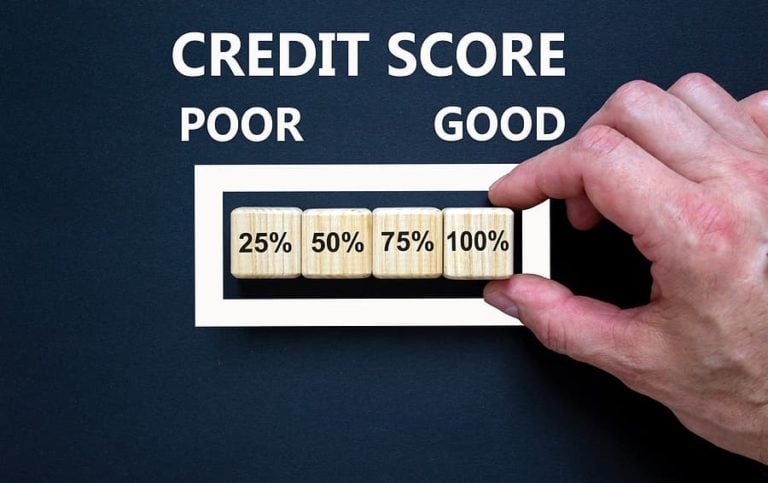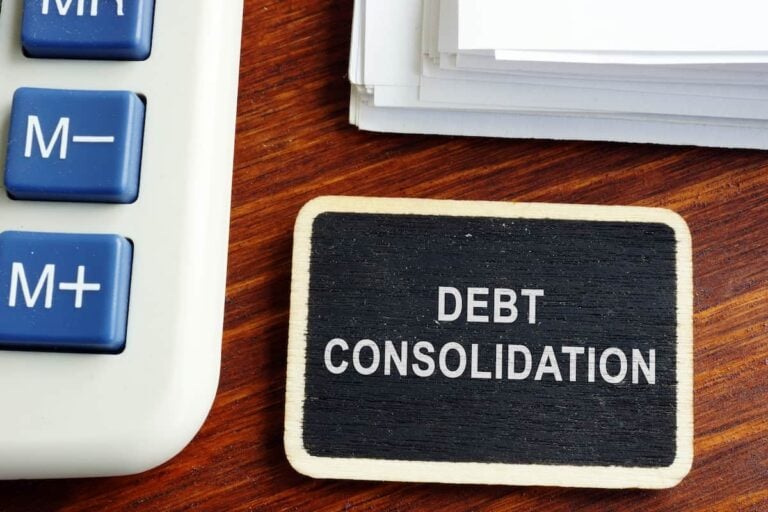Have you been contacted by a debt collector claiming you owe money? Once a debt collector contacts you, they’re required by law to send you a debt validation letter. This letter helps explain the debt in question and outlines your options for repaying or disputing the debt claim.
Let’s take a closer look at debt validation letters, why they’re important, and what you should do if you get one from a debt collector.
What is a Debt Validation Letter?
A validation letter, also called a proof of debt letter, is a written document sent from a debt collector to a debtor. It’s a required document for debt collectors. Under the Fair Debt Collection Practices Act (FDCPA) — a debt collection law to protect consumers — a collector must send the debt validation letter within five days of their initial contact with you. This could include contact via mail or phone.
How to Get a Debt Validation Letter
You should get a debt validation letter in the mail if you’re contacted by a debt collector. After being contacted, be on the lookout for the letter. You’ll only have 30 days to dispute the debt after the letter arrives, so you must pick it up right away. You can also ask the debt collector to send a validation letter if they contact you again and you haven’t received a letter.
How to Write a Debt Validation Letter
Debt collectors have to follow specific rules under the FDCPA when writing and sending debt validation letters. In addition to being sent within five days of the first contact, the debt validation letter must include:
- The amount of money owed.
- The name of the creditor requesting payment.
- How to find the name of the original creditor for the debt.
- Instructions on what you should do if you don’t think it’s your debt or want to dispute the debt.
Debt Verification vs Validation
Though often used interchangeably, debt validation and verification describe slightly different scenarios. Both, however, help you determine if a debt collector is contacting you for a debt that you owe and that the amount is correct.
Let’s explore the slight difference between debt validation and verification.
- Debt Validation: This is when a debt collector or collection agency reaches out to you to explain a debt they believe you owe. You’ll get a validation letter with important information on the debt, creditor, and how to dispute the debt.
- Debt Verification: Verification, on the other hand, involves sending a letter to the collection agency to dispute the debt. If you send this letter within 30 days of receiving a validation letter from a debt collector, the debt collector cannot collect the debt until they prove it is yours. This proof must come in writing. Common types of verification documents include copies of the original contract or bill detailing what you owe.
What to Do After Receiving a Debt Validation Letter
After receiving a debt validation letter, take the time to read it carefully. Mistakes are made all the time when debt is bought and sold by collection agencies. You can lower your chances of accidentally paying for a debt that’s not yours by checking the letter with your records.
If you don’t think the letter has the right amount or this isn’t your debt, write a debt verification letter in response as soon as possible. Need help writing your letter? The Consumer Financial Protection Bureau provides sample letters you can send to debt collectors. Keep a copy for your records and consider sending the letter by certified mail so you know it’s received.
If you recognize the debt — or the response to your verification letter confirms it’s your debt — it’s time to put a plan in place to manage it. Depending on the amount of debt and interest rate, it could be difficult to stay ahead of the debt. When you can only make minimum payments, your interest charges continue to grow and you can’t seem to make the process of paying off your debt.
Consider seeking debt relief from a trustworthy debt relief company like United Debt Settlement if your debt is becoming unmanageable. Our professional debt relief experts can help you figure out what you need to do to pay down your debt — whether that’s creating a debt management plan or asking for debt settlement. Learn more and apply for debt relief today. Feel free to give us a call at 888-574-5454.

Gabriel Gorelik paves the way for customer service and operations at United Settlement. He is passionate about numbers and holds a strong belief in helping anyone with their debt. Before United Settlement, Gabriel received his BS in Finance & Economics from Brooklyn College. After graduation, Gabriel went on to build his first financial services company where he managed thousands of accounts for business and consumer clients. He understands the importance of client satisfaction, professionalism, and exceeding expectations.
